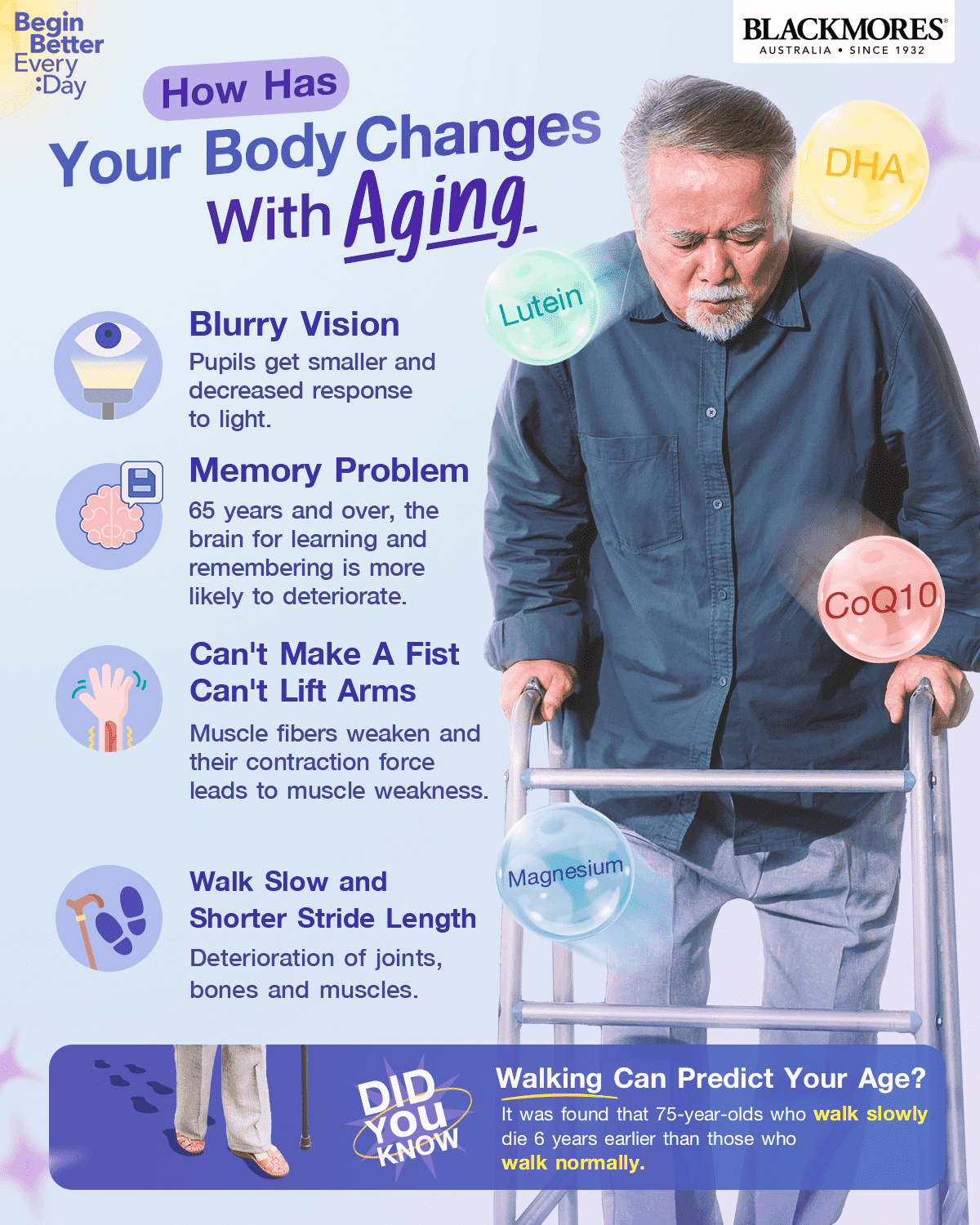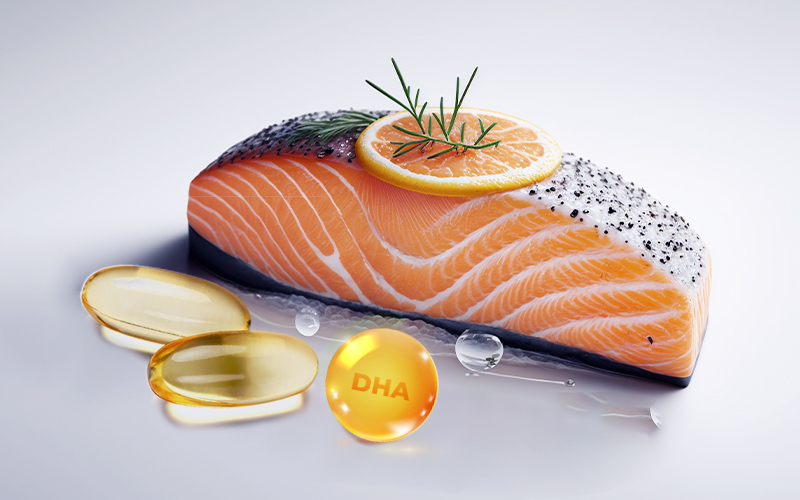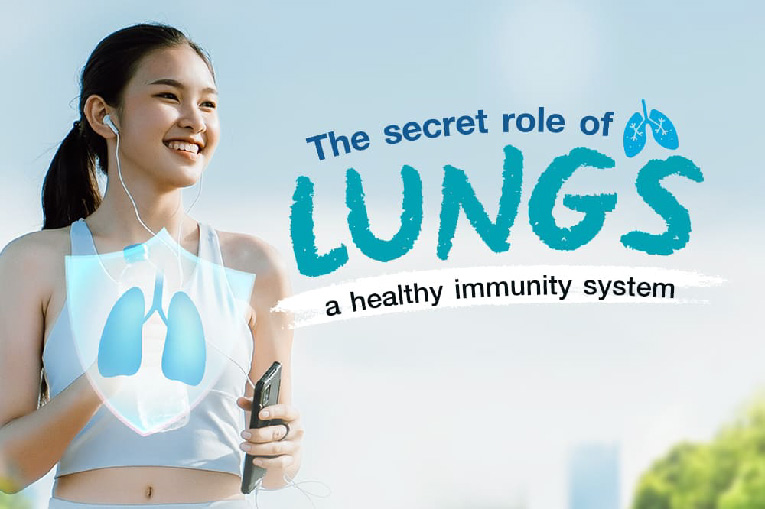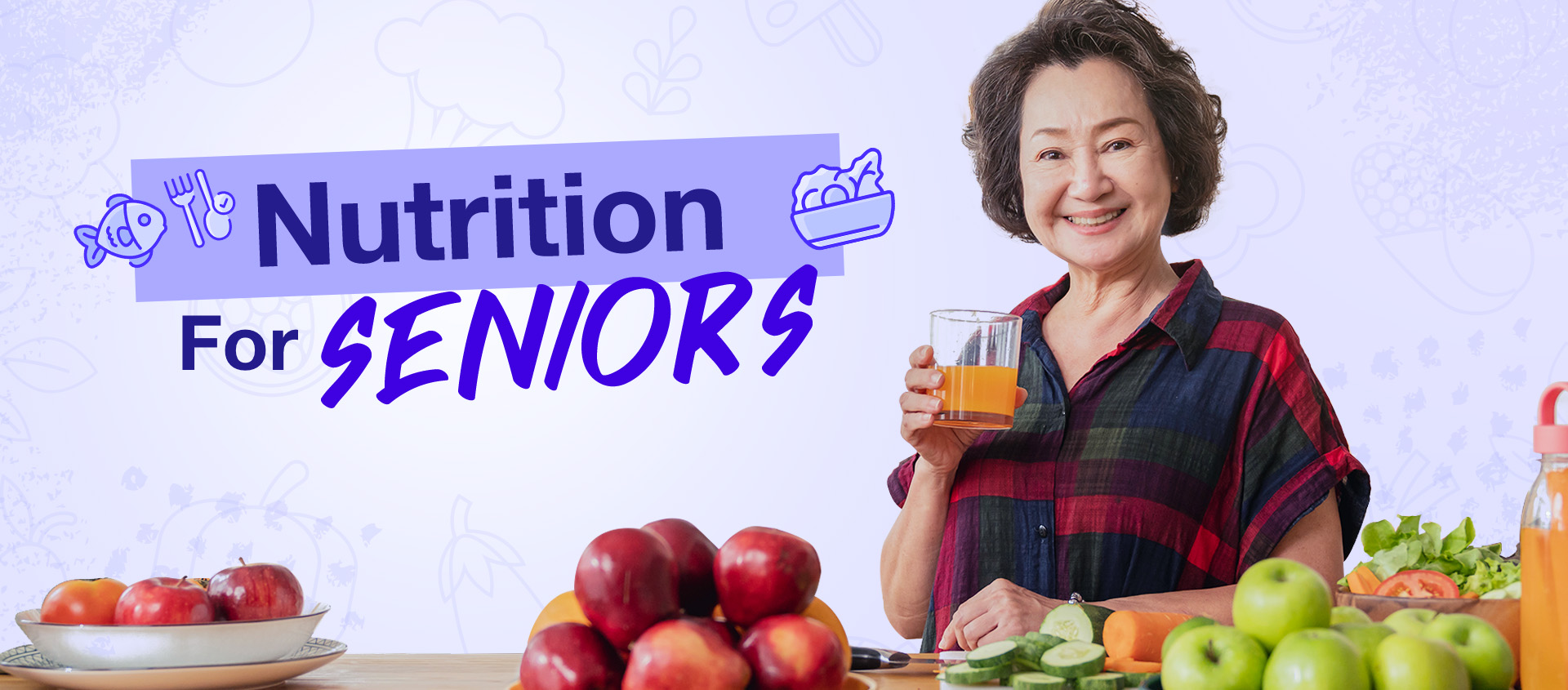Stay healthy as you get older. Ageing can increase the risk of some conditions, but nutrition, activity and positivity can help keep you in top shape.
"Every nutrient is essential to life, no matter what our age. However, at certain times the focus can shift, according to our needs and changes in our health. To be frank, certain things that used to be no problem before start to give us a bit of grief. Key areas include our cardiovascular health, our joints and our eyes. We'll call them the big three.
Instead of getting the grizzles, take a proactive approach and get focused on nutrients that help support these areas.
CoQ10 – the cardiovascular king
CoQ10, or coenzyme Q10, is found in high concentrations in the heart muscle. Deficiency is associated with some cardiovascular conditions. The problem is, as we age and need to keep an extra focus on maintaining a healthy heart, our bodies make less of this nutrient. So we need to keep a watch on our dietary CoQ10 intake and also consider supplements. Food sources include meats and fish and to a lesser degree, broccoli, spinach and nuts.
Calcium – it's more than just for them bones
As 99 per cent of absorbed calcium is deposited in the bone, its importance may not need further explanation. But there's no harm in a reminder. Just remember, getting enough calcium is critical to preventing osteoporosis and also treating it. What you may not know, is that this mineral is also important to a healthy heart and a deficiency has been linked to high blood pressure (HBP).
Food sources include dairy products, tofu, fish with their bones (especially sardines and salmon) and your greens such as broccoli and bok choy.
Magnesium – for a healthy heart and joints
Similar to calcium, magnesium is also essential to our heart and bones. This multi-tasking mineral is critical to a number of cardiovascular functions such as the maintenance of normal blood pressure. In addition, it may reduce the risk of osteoporosis. So eat up those trusty dark green leafs such as spinach and also legumes, nuts and seeds and wholegrain cereals.
Lutein – for the eyes, it's the great preventer
Lutein belongs to the carotenoid family, along with betacarotene. Found in many parts of the body, it concentrates in the retina, and especially in the macular region of the retina. It plays a strong protective role in the eye. To boost your lutein levels, again, your dark green leafy vegetables are a must, as are eggs yolks and corn.
Vitamin D – the sun's gift to your bones
This unique nutrient can be produced by the body after sunlight exposure and also consumed through our diet. Vitamin D-rich foods include fish such as herring, salmon, tuna and sardines and also eggs, butter and beef. Vitamin D supports healthy bones, via mechanisms such as regulating calcium levels. Signs of deficiency include osteoporosis and low vitamin D status is associated with an increased risk of falls in those aged 65-75 years.
Long chain essential fatty acids for the big 3
Essential fatty acids (omega-3s) from fish oil is a must, especially as we advance in our years. A deficiency is associated with cardiovascular disease and omega-3 plays numerous roles in cardiovascular health. For example, it helps to reduce high triglycerides and maintain healthy blood pressure. The DHA component of omega-3 is also found in high concentrations in the eye tissue and is a gem for reducing rheumatoid arthritis symptoms such as joint stiffness and tenderness. An excellent source of omega-3 is – you guessed it – fish. Step up your intake of salmon, tuna, mackerel and herring.
So don't let age weary you – get proactive, and focus your life on nutrition.
Ref. : https://www.blackmores.com.au/everyday-health/nutrition-for-seniors




















































